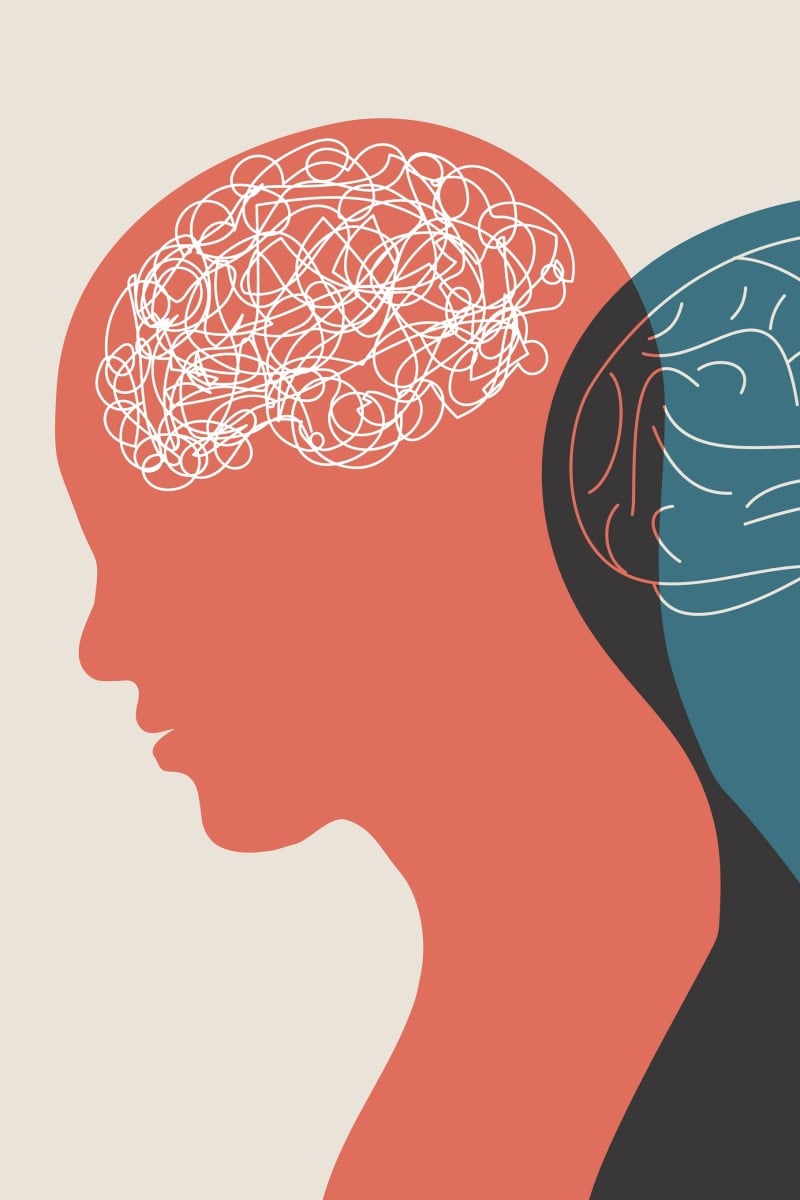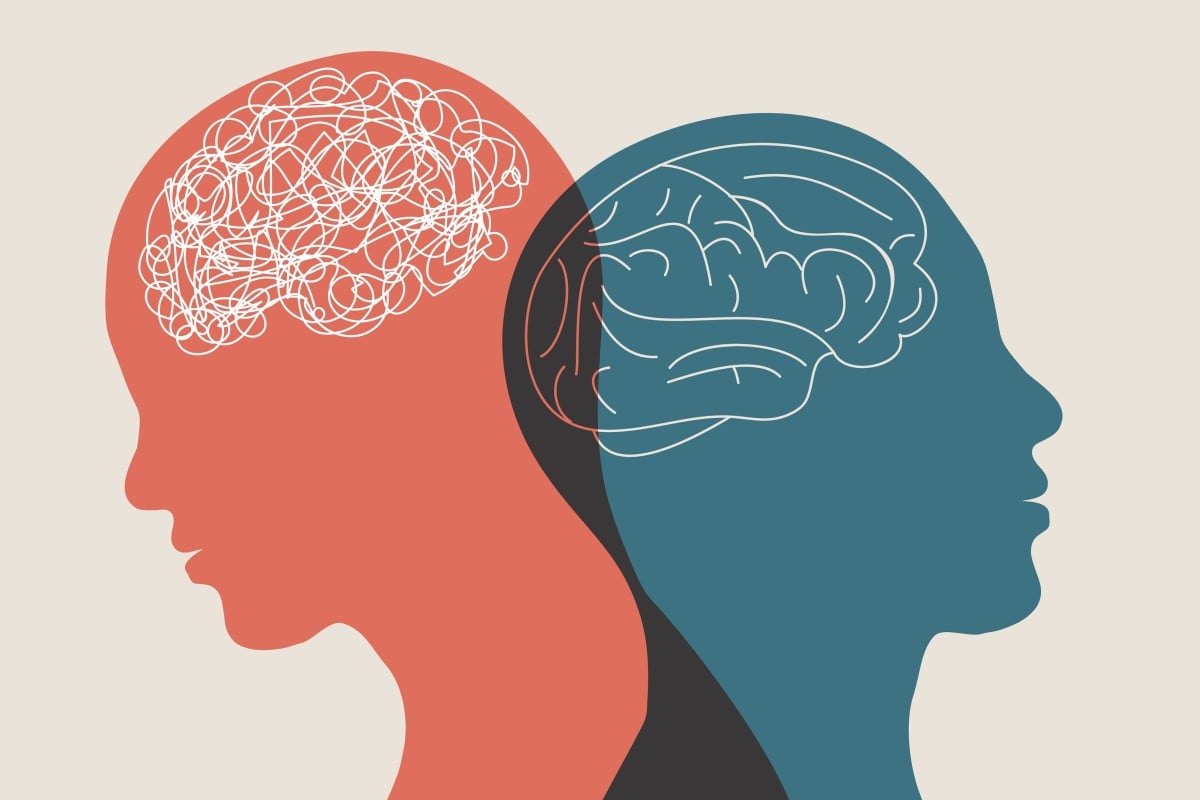
Face off: Should mental health education be mandatory in school?
- Each week, two of our readers debate a hot topic in a showdown that does not necessarily reflect their personal viewpoints
- This week, students discuss whether mental health and wellness should be a school subject
 Should mental health education be a mandatory subject in school? Two students weigh in with their opinions. Photo: Shutterstock
Should mental health education be a mandatory subject in school? Two students weigh in with their opinions. Photo: ShutterstockIf you are interested in joining future Face Off debates, fill out this form to submit your application.
For: Agnes Chiu, 13, Canadian International School of Hong Kong
What do the words “mental health” make you think of? Most people associate it with depression or some other disorder. While that’s not completely wrong, this implies that mental health almost always carries a negative connotation.
However, according to the World Health Organization (WHO), mental health is “a state of mental well-being that enables people to cope with the stresses of life, realise their abilities, learn well and work well, and contribute to their community.”
Why spending time alone is good for your mental health
Mental health isn’t simply about being sick or unwell; it involves learning how to cope with your emotions and stress. To understand and achieve good mental health, we need better awareness and knowledge about it. That’s why mental health education should be made mandatory in schools.
In addition, mental illness is more prevalent nowadays. Worldwide, about 1 in 7 adolescents aged 10 to 19 deals with mental illness, according to the WHO. In 2019, around 301 million people were living with anxiety – including 58 million children and teens. That number has only risen since the start of the Covid-19 pandemic. Education about how to cope with poor mental health and mental illness would help these teens and make them feel like they’re not alone.
At school, we have physical health lessons, so why don’t we have mental health education? Poor mental health can cause many physical problems, like difficulty sleeping, risk-taking behaviours, and issues with food. Therefore, addressing mental well-being will also help students with their physical health.
There are no disadvantages to introducing mental health education in schools, and it would have a positive impact on students. Society needs to make an effort to tackle issues related to mental illness, and this would be a good start.
Experts call for more mental health education, support for Hong Kong students
Against: Sheryl Law, 11, Holy Angels Canossian School
Many people think that mental health and wellness should be taught in school – especially since more students in Hong Kong have been dealing issues like depression and anxiety. However, I don’t think this is necessary.
To start, mental health is a personal matter. Therefore, it would be hard for teachers to help every student in their class. In addition, ordinary teachers cannot give proper mental health education to their students. Their expertise lies in their subject, whether it be maths or English, and they are meant to teach students critical thinking skills.
Psychologists are the only ones who can provide students with correct mental health knowledge. To become a school psychologist, you often need a master’s degree, and this can take a lot of time and money. Since there are many requirements to become a school psychologist, not everyone is willing to take the job.
Hiring psychologists also requires a lot of money, and not every school could afford the fees. This may require families to pay more in tuition. While some people think the government could pay for it, it’s not unlikely Hongkongers would be charged more in taxes to get the money for this – which means the families would end up paying more anyway.
Finally, many primary students would find the subject too complicated. If there were classes about mental health, they wouldn’t be possible until secondary school. However, this raises additional questions: when will students have these lessons? Will this delay the learning of other subjects? Will teachers be able to give these lessons the care and sensitivity they require, without making students experiencing these issues feel stigmatised?
In short, mental health education is too complicated and personal to teach in school.
